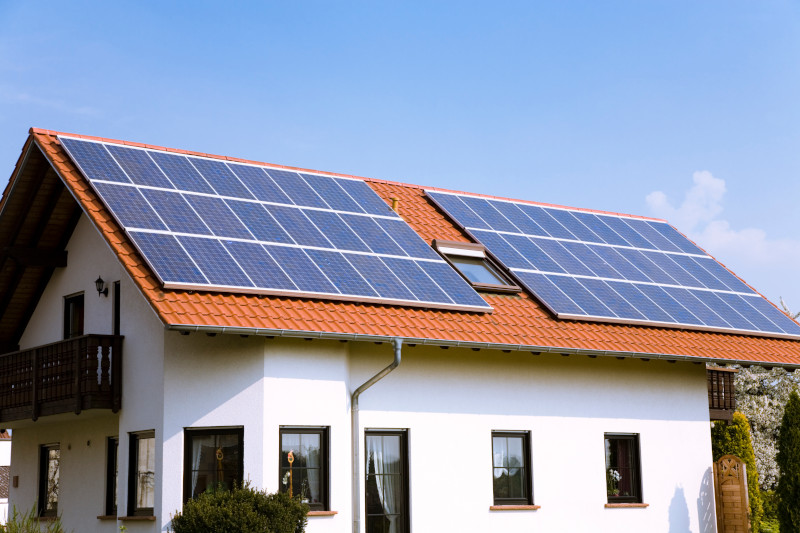AARP Hearing Center
Many Texans are considering solar panels to cut electricity costs and ensure power for essential equipment during outages. While reputable companies can help homeowners save money with energy improvements, scammers often offer more than they can deliver.
In Texas, a rise in residential solar has led to complaints about fraud and confusion about resolving equipment and service issues. Criminals are even using the lure of clean, green, renewable energy to steal consumers’ money. The fraud is rampant and skyrocketing, with complaints to Texas agencies having increased by well over 500 percent from 2018 to 2023.

AARP Texas is sounding alarms about the harmful practices and deceptive salespeople who prey on older Texans who get duped into unnecessarily buying rooftop solar.
The sleazy marketing tactics often include:
- False promises of free panels and hidden finance fees;
- Forged documents or misrepresentations about the need for a signature in acquiring equipment;
- High-cost, long-duration loans;
- Improperly or incompletely installed equipment, causing low solar output or inability connect to the grid, even as homeowners must pay for the system.
“AARP believes that solar businesses and salespeople should be both licensed and accountable,” said Stephanie Mace, an associate state director of advocacy and outreach at AARP Texas. “These folks should provide disclosures before transactions and hard copies of signed contracts. And canceling a service agreement should cancel any loan.”
At the Texas Legislature this spring, Mace is coordinating with teams of AARP volunteers and staff in pushing for legislation with the needed protections. They’re calling for support for, among other measures, Senate Bill 1036 by Sen. Judith Zaffirini (D-Laredo), the Dean of the Senate.
Beyond legislative action, Mace says consumers should stay vigilant and protect themselves from fraudsters. Among AARP’s top tips for door-to-door sales:
1. Don’t engage: The easiest way to avoid a hard sell is to keep the door closed.
2. Be wary of contract offers: Always give yourself time to review an offer. Honest salespeople will understand.
3. Act quickly if you have buyer’s remorse: State and federal rules give you three days to cancel for refunds. Don’t delay contract cancellation.

“Scammers often employ tactics to make you feel pressured to act immediately,” Mace said. “Just ‘Say No’ and take time to research costs, benefits, and financing options on your own. Protect yourself and your investments.”
Mace encourages shoppers to check first that solar installers are licensed, certified and/or registered with organizations like the North American Board of Certified Energy Practitioners (www.nabcep.org), and to look for complaints and problems by visiting the Better Business Bureau national business directory at www.bbb.org/search.
If you have questions related to scams, call the AARP Fraud Watch Network helpline toll-free at 877-908-3360. For news and advice, go to www.aarp.org/fraudwatchnetwork.
Contact Stephanie Mace at 979-224-0766 or smace@aarp.org. Mark Hollis can be reached at 512-574-3739 or mhollis@aarp.org.































































